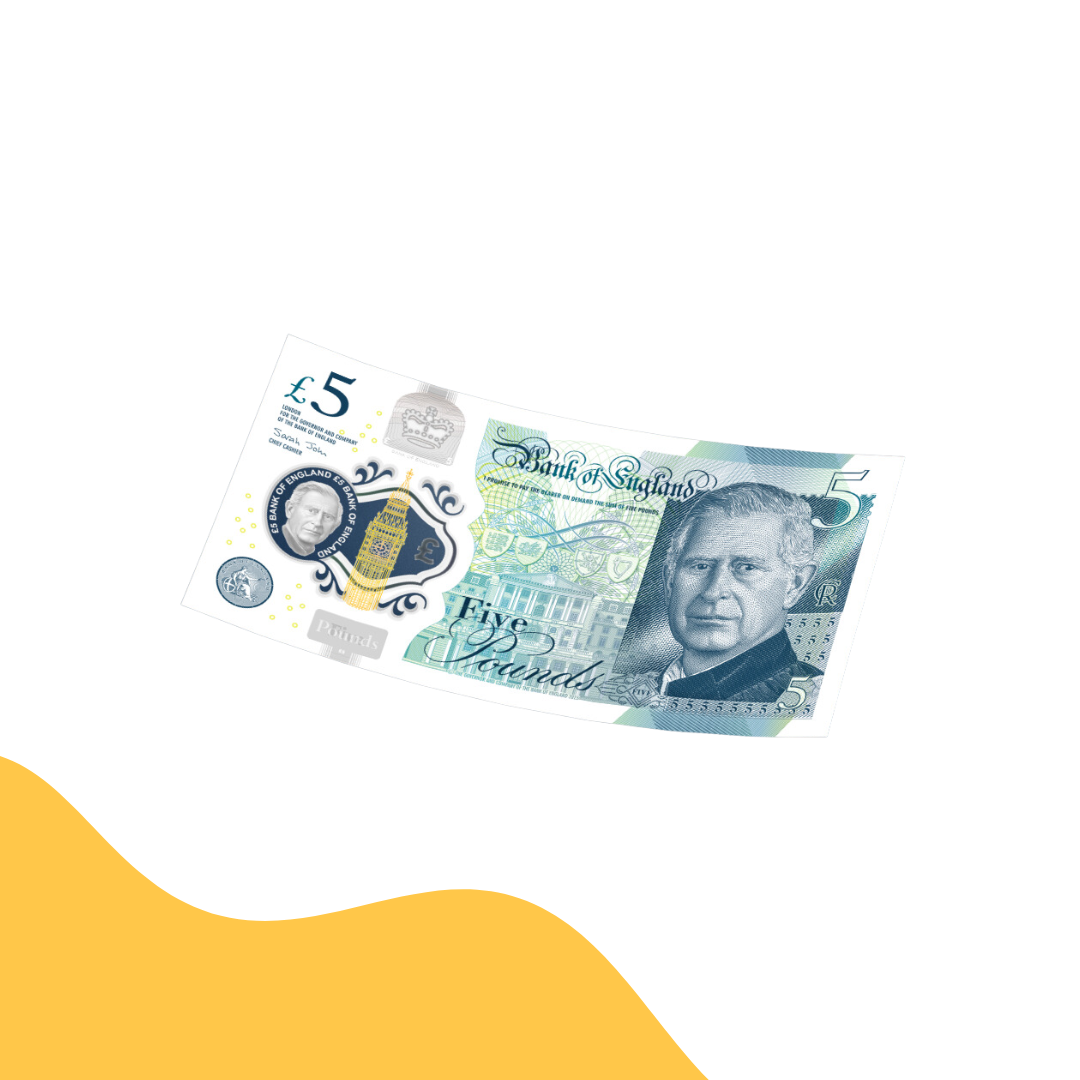Making the Most of Your £1,000 Property Allowance: A Landlord's Guide
Renting out property can be a great way to earn some extra income, but what if your rental income is less than £1,000? Good news! The UK government offers a £1,000 property allowance, meaning you don't need to pay tax on that income or even declare it to HMRC. This handy allowance gives you extra flexibility and simplifies your tax return.
But wait, there's more! Let's explore how to leverage this allowance and navigate other options for your property income exceeding £1,000:
Option 1: Claim the Allowance - Simple & Sweet
If your annual rental income is less than £1,000, simply ignore the property pages on your self-assessment form. No fuss, no paperwork, no tax!
Option 2: Maximise Profits with the Allowance (if Expenses < £1,000)
Have income below £1,000 and expenses less than that too? You can deduct the £1,000 allowance directly from your rental income instead of claiming individual expenses. This simplifies things and lowers your taxable profit. Win-win!
Example: Max rents out a flat for £7,200 per year with actual expenses of £650. He can choose:
Deduct actual expenses, resulting in a taxable profit of £6,550.
Claim the £1,000 allowance, leaving a taxable profit of £6,200 (better option!).
Option 3: Claim Actual Expenses (if Expenses > £1,000)
If your expenses exceed £1,000, claiming the allowance might not be the best choice. Deducting your actual expenses will lead to a lower taxable profit and save you more tax.
Example: Guy's rental income is £6,000 with expenses of £2,000. He can choose:
Claim the £1,000 allowance, resulting in a taxable profit of £5,000.
Deduct actual expenses, leaving a taxable profit of £4,000 (better option!).
Rent-a-Room Relief vs. Allowance:
If you qualify for rent-a-room relief, it takes priority over the £1,000 allowance for that specific income. However, you can still claim the allowance for any other unrelated rental income.
Making the Most of Your Losses:
Even if your rental income is less than £1,000 and you incur a loss, it might be worthwhile to claim it instead of simply using the allowance. You can carry forward your losses and offset them against future profits from the same property, potentially saving tax in the long run.
Remember, choosing the right option depends on your specific circumstances. Don't hesitate to consult a tax advisor for personalised guidance.
Now you're equipped to navigate the £1,000 property allowance and make the most of your rental income!



